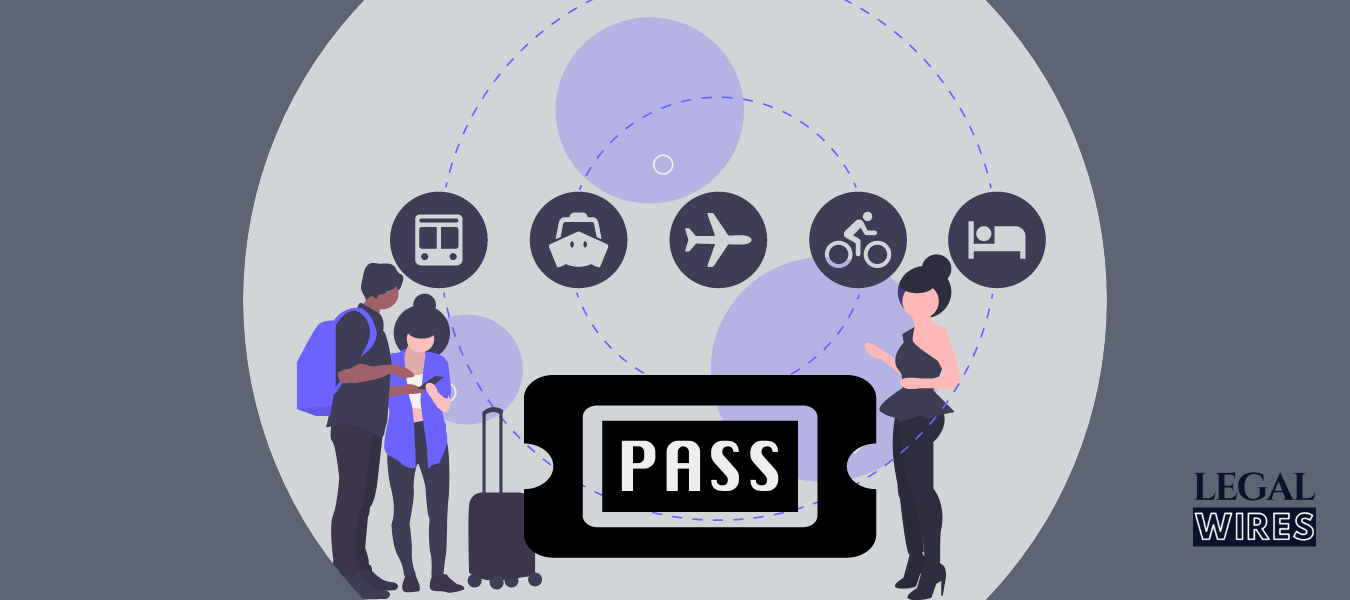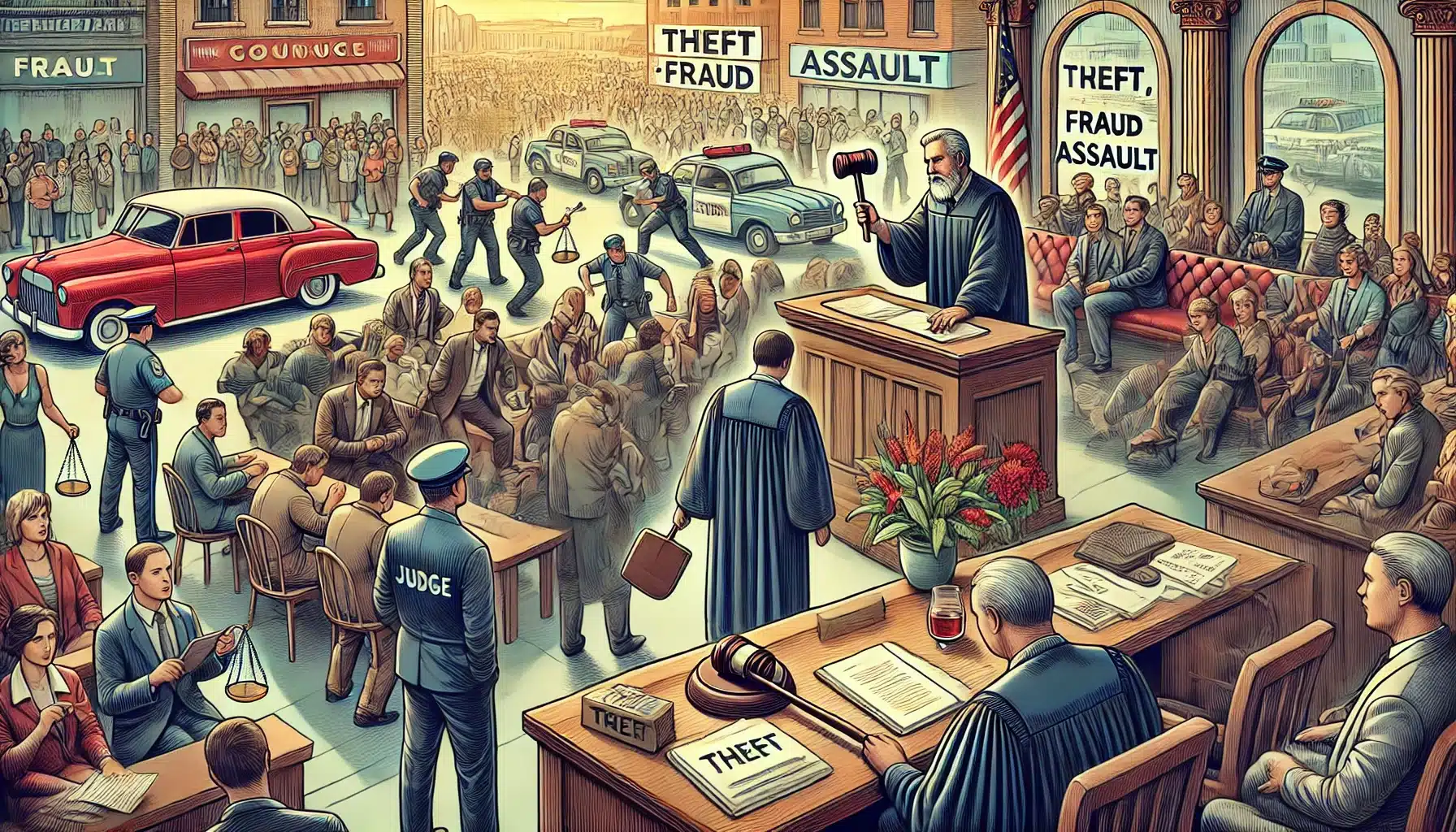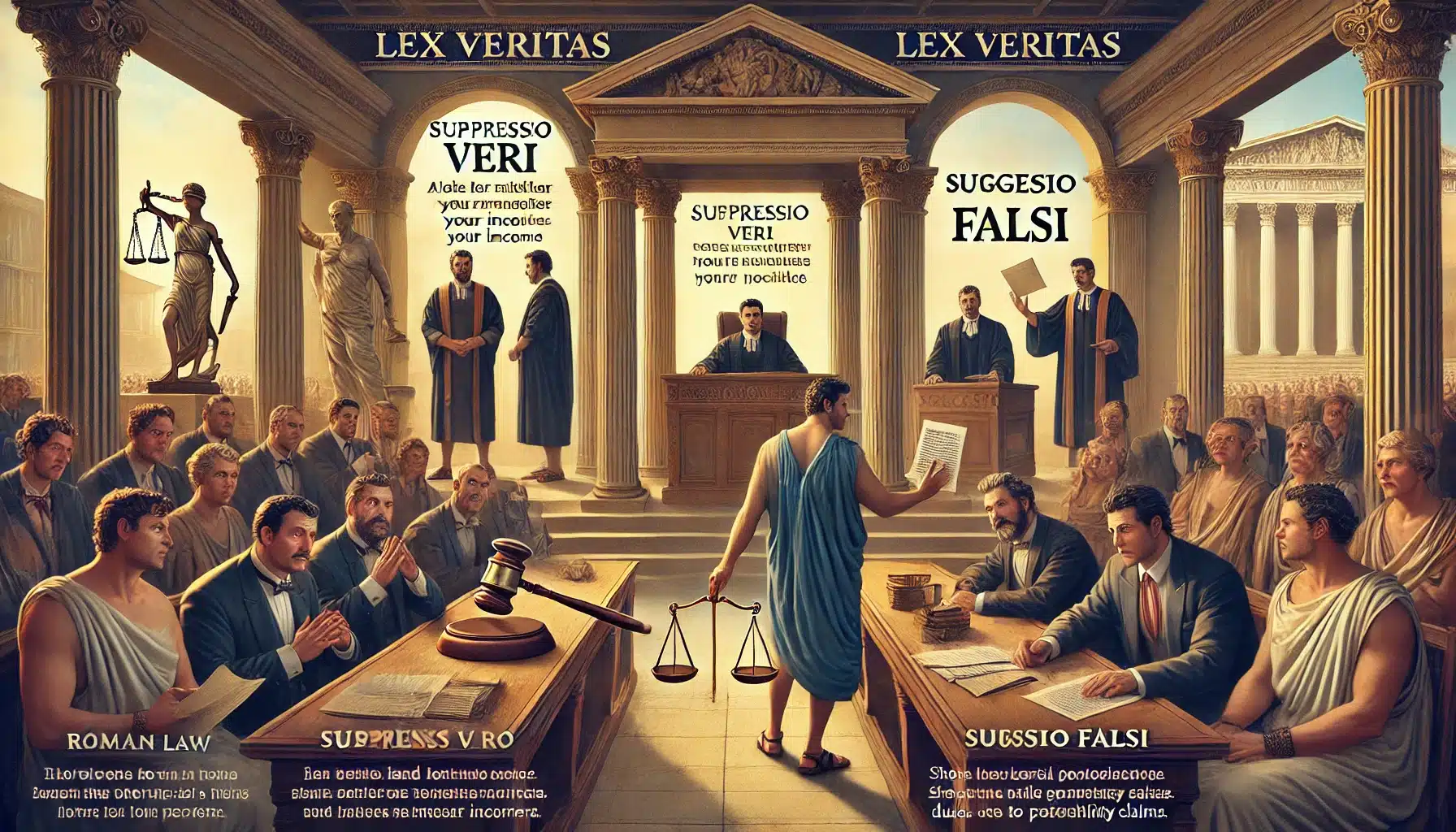In the wake of the global pandemic, one can see

In the wake of the global pandemic, one can see a range of evolving mechanisms in order to contain the novel virus. One of them is the ‘movement pass’. On March 25, 2020, the Indian Government announced a 21-day nation-wide lockdown which was further extended thrice until 31st May,2020. All public transport including flights, buses, trains, cabs and autos were suspended completely leaving public with private vehicles as their only means to commute. The Centre has come up with the idea of issuing movement pass, also called curfew pass, as a measure to restrict as many travellers as possible during this lockdown. However, this pass is issued only in cases of emergencies and to persons working for delivering the essential services. Ministry of Home Affairs (hereinafter referred as MHA) has defined essential services in their Order dated 24th March, 2020, where it clearly specifies the offices or industries that are permitted to run with minimum employees and those which needed to completely shut its business for the time being.
At the outset, this created havoc and danger with people queuing up for procuring passes from the police station and other offices of authorities concerned. Excessive crowding was absolutely violating the social distancing norms which were of paramount importance during these hard times. Therefore, the Government came up with the provision of e-passes wherein people were allowed to apply for their movement pass online on a specific portal set up by each State by providing requisite details and proof of emergency. Few states have also opted for issuing e-passes through WhatsApp or e-mail. The portals offer the option of checking the status of application by entering a unique ID sent to them. Furthermore, portals of each state mention step by step procedure of how to apply for such passes, both for individuals and organisations. Acceptance of application is completely at the discretion of authorities concerned.
Who is authorised to grant e-passes?
The District magistrate in every district appoints Executive magistrates as Incident commanders who are responsible for scrutinising these applications and allotting passes for movement in their respective jurisdictions. The Incident commander will issue e- pass only if the details and evidence provided necessitate immediate travel or is for catering essential services. The individual granted e-pass must download, print and carry it along always during travel.
Organisations are given daily quota of e-passes and are authorised to generate passes for their workers/employees. Therefore, they cannot exceed the quota limit for a day. The Department of Consumer Affairs directs that the organisations requesting to get bulk approvals must provide all the details including CSV file having details of the individual employees, besides the company authorisation letter. Considering many of the industries run their services through the country, they are directed to register themselves in each of the State and get the quota set at the State level. The pass issuing authority in each State is given a dash board in order to approve the Organisation’s request, set the quota of passes to be issued and monitor the usage of such e-passes.[1] However, few States have formulated their own way of issuing passes to the organisation through Government orders. This leaves the companies and industries perplexed as to the manner of procuring passes from different States especially when they operate Pan-India.
Validity of the e-pass for emergencies will depend on case to case basis, whereas for the people who are allowed to commute for work falling under the exempted categories, the pass is valid throughout the lockdown period.
Movement during Lockdown 3.0
The Centre had extended the nation-wide lockdown for another 2 weeks starting from 4th May, 2020. The guidelines issued before the lockdown 3.0 had allowed only one person to be seated at the rear of the car besides the driver in a four- wheeler and a driver without pillion in a two-wheeler, however, with further extension of this lockdown period this rule has been relaxed. Also, inter and intra district movement was prohibited completely unless permitted by MHA. The recent guidelines[2] issued on 1st May, 2020 regulates the movement of people depending on the zone they live in. Green zone has very little restrictions compared to orange, red and containment zones.
Different rules for each zone might create several doubts in the minds of people regarding restrictions on movements in each zone. It is important to note that the Government has allowed free movement of vehicles within the green zone without any requirement of e-passes. However, individuals are required to take pass for inter-state travel according to part 4 of the guidelines which specify all prohibited activities, irrespective of zones.
In orange zone, people are permitted to travel in a four-wheeler with 2 people in the backseat along with driver. Also, pillion riding has been allowed in orange zones. They have also permitted cabs to operate with one driver and two passengers therefore, ensuring smoother flow in traffic compared to red zones. If a person has to travel from orange zone to any other zone, they can travel only for permitted purposes with a pass.
Whereas, individuals and vehicles in red zone are allowed to travel only for permitted purposes. Two people other than the driver can travel in a 4-wheeler by sitting at the backside, but pillion rider is still prohibited in red zones for two-wheelers. Inter-State movement is prohibited except for permitted purposes.
However, trucks and other carrier vehicles moving within or outside the state to transport goods are allowed to move freely without any pass by showing valid driving license.[3] Two drivers along with a helper are allowed to shuttle for picking and dropping of goods, irrespective of whether it is essential or non-essential goods.[4] In case of travelling back to the State empty without goods, the driver is expected to carry invoice or way-bill of the consignment. Home Ministry has time and again clarified that district and local authorities must facilitate this decision and must not stop them for not having a movement pass.
Online e-commerce behemoths such as Swiggy and Zomato have been banned by few states even after Centre allowed relaxation of lockdown norms. It means that the delivery executives of such companies aren’t allowed to continue their service even after having e-passes issued to them previously. Telangana was the first state to implement such ban on food delivery platforms after a delivery executive tested positive in Delhi risking lives of 72 families, he had come in contact with.
The guidelines also stress upon cross land border trade wherein states and union territories are ordered to permit movements of all types of goods to neighbouring countries having treaties without being stopped for presenting any pass.
Movement of Migrant workers, students, tourists and other persons:
Due to sudden lockdown none of the migrant workers, students, tourists etc., could reach back to their native places. After nearly 35 days of lockdown, the Centre allowed for return of these people stranded in different states. The Ministry directed the States and Union Territories to appoint nodal officers and arrange for transport maintaining the standard operating protocols. Most of the States have started screening and providing one-time passes for these stranded people to reach their destinations. It has also directed the States or UTs falling in the transit to allow passage of such persons without any hindrance. On 3rd May, 2020, the Ministry clarified that this provision of movement is only for those distressed persons stranded in different places and not for those who are normally residing in non-native states for work related activities and wishing to go back to their native places.
Penalties attracted for violations:
Any violation of strict lockdown norms attract penalty and even imprisonment under Section 51 to 60 of Chapter X of Disaster Management Act, 2005. Especially, refusing to comply with the directions by any Government or making false claims in order to obtain curfew passes is likely to attract punishment under Section 51 and 52 of the Act. Such punishment may be imprisonment of up to 2 years and/or fine, in case the act has resulted in imminent danger or loss of lives. In addition to abovementioned provisions, the authorities can also take legal action under Section 181 of IPC for disobeying the order of public servant.
[1] Department of Consumer Affairs, COVID e-Pass Platform Essential Services and Goods Movement Solution Note, Source Link
[2]Ministry of Home Affairs, Order No. 40-3/2020-DM-I (A), May 1, 2020, Source Link.
[3] Ministry of Home Affairs, Letter to Chief Secretaries and Administrators to allow unhindered movement of trucks carrying goods, DO. No. 40-3/2020-DM-I (A), Apr. 30, 2020, Source Link.
[4] Home Ministry asks state govts to ensure smooth movement of trucks during lockdown, THE ECO. TIMES, Apr. 13, 2020, Source Link.




